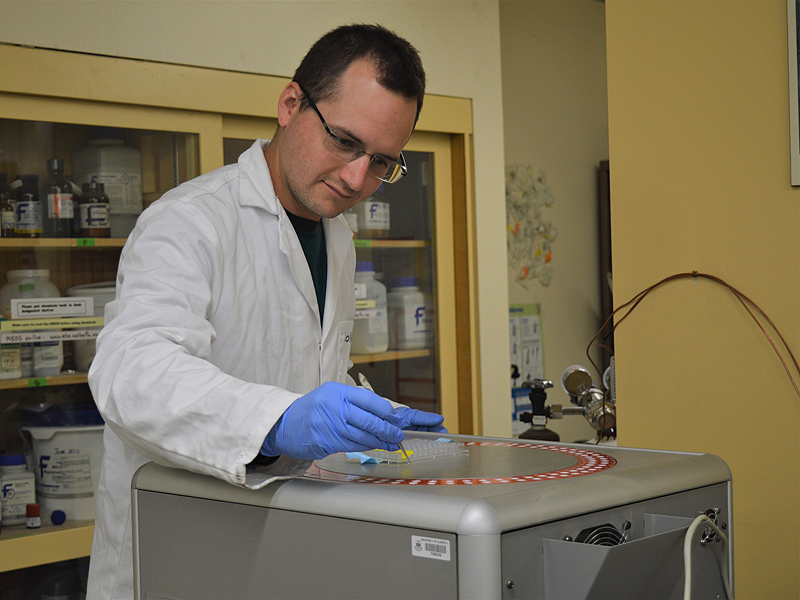Science News

The Food and Agriculture Organization of the United Nations estimates that around 45 million tons of phosphorus fertilizers will be used around the world in 2018. Much will be applied to soils that also received phosphorus fertilizers in past years.

According to a new study, much of that could be unnecessary.
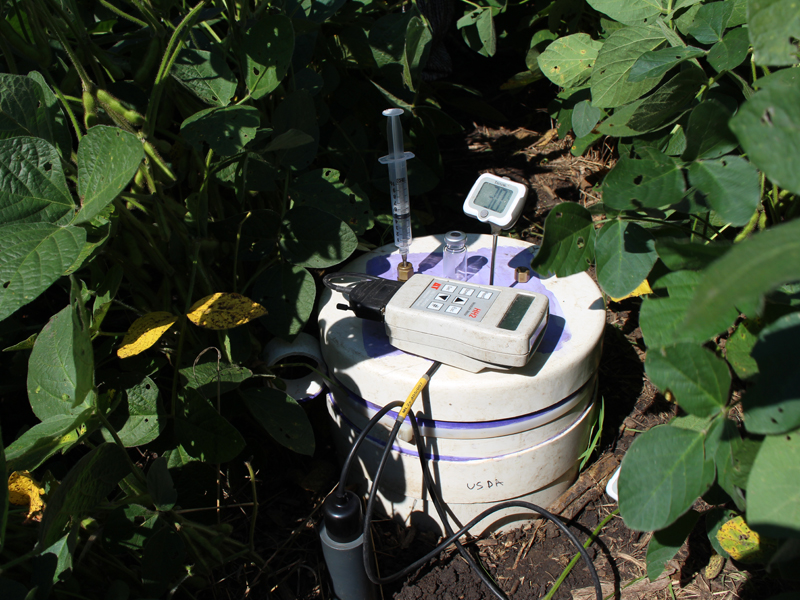
In a newly published study, researchers dug into how fertilizing with manure affects soil quality, compared with inorganic fertilizer.


Beans are awesome. They are packed with nutrients and are high in protein. They can grow in many different environments. They help replenish soil nitrogen levels. They are a vital crop for food security in many parts of the world.

But a small beetle can cause big losses to bean crops.
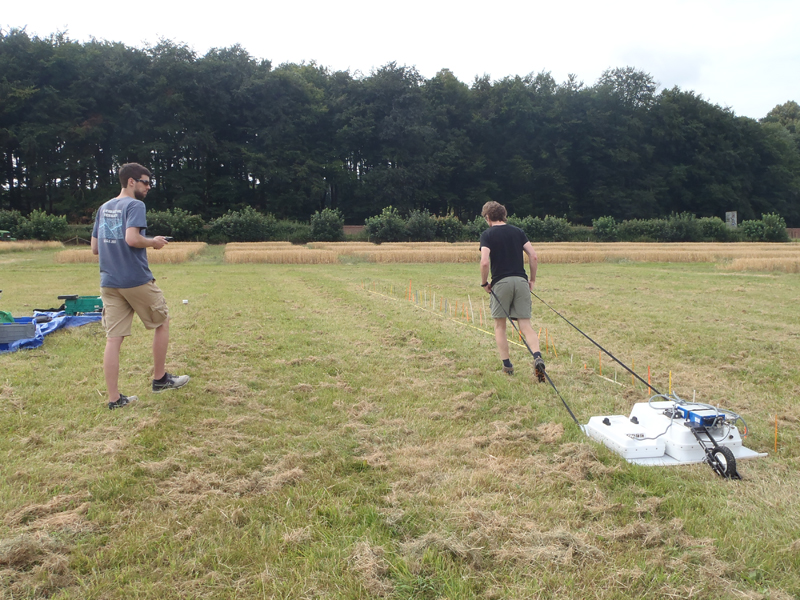
Ground penetrating radar isn’t something from the latest sci-fi movie. It’s actually a tool used by soil scientists to measure the amount of moisture in soil quickly and easily.

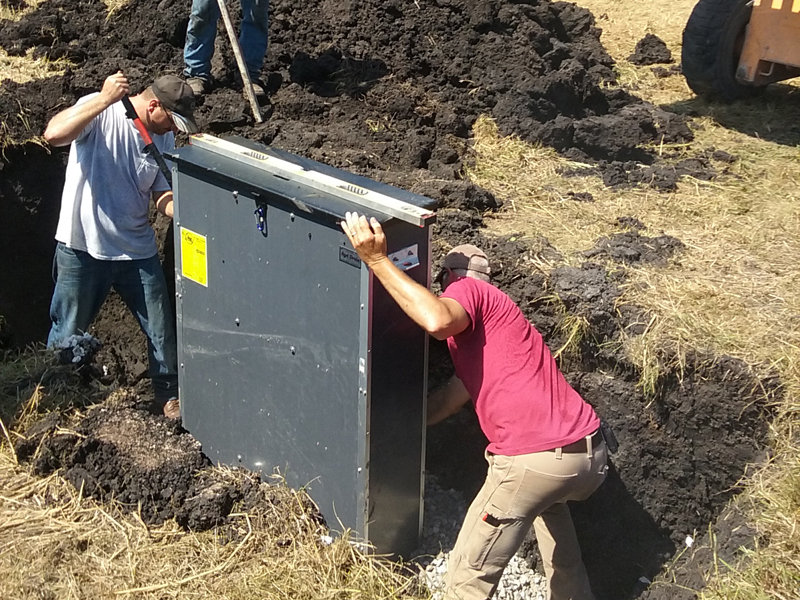
Spring in America’s heartland is often wet. That makes its soil too soft for planting. One solution to that issue is tile drainage. Growers insert a series of pipes (drain tiles) under their fields, which drains water from the soil into nearby streams and lakes.

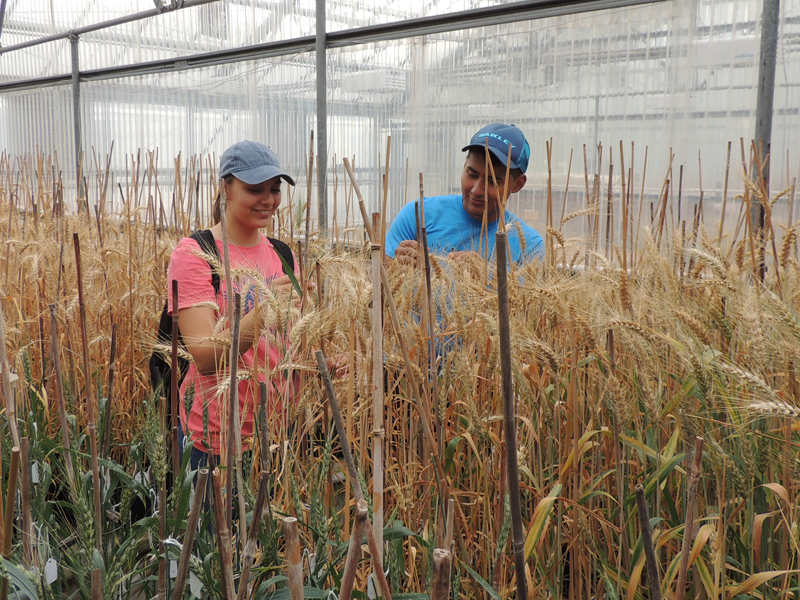
Is biofortification the best thing since sliced bread? Well, biofortified wheat could certainly make it easier to help some humans get proper nutrition.


Imagine a gardener, plant explorer, geneticist, and computer specialist all rolled into one job. You might call that person a steward of plant genetic resources.


Coffee is one of Brazil’s biggest crops. Brazil’s favorable climate helps coffee beans ripen and be ready for picking during a concentrated period of weeks. This makes mechanical harvesting an economically reasonable choice.

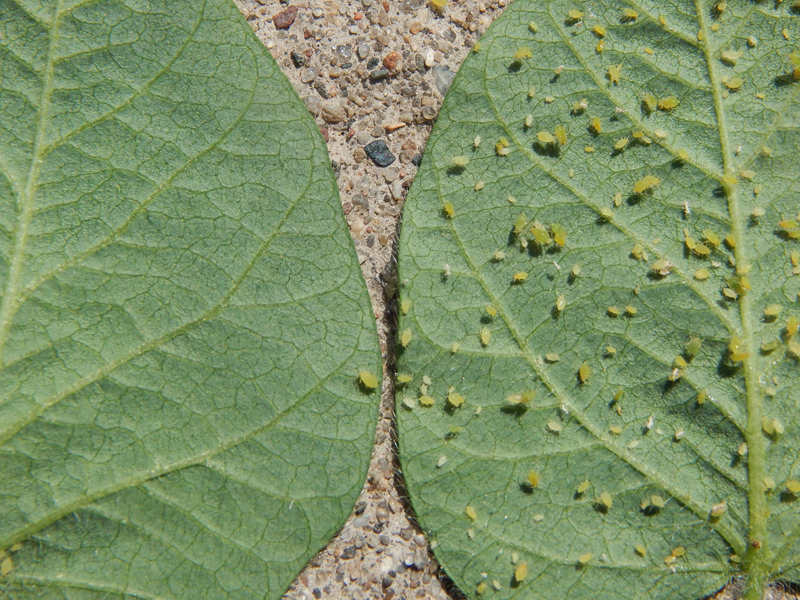
A tiny pest can cause huge losses to soybean farmers.

Several top soybean producing states in the U.S. are in the Upper Midwest. In these states, an insect–the soybean aphid–is a damaging pest. Each year, soybean aphids cause billions of dollars in crop losses.

